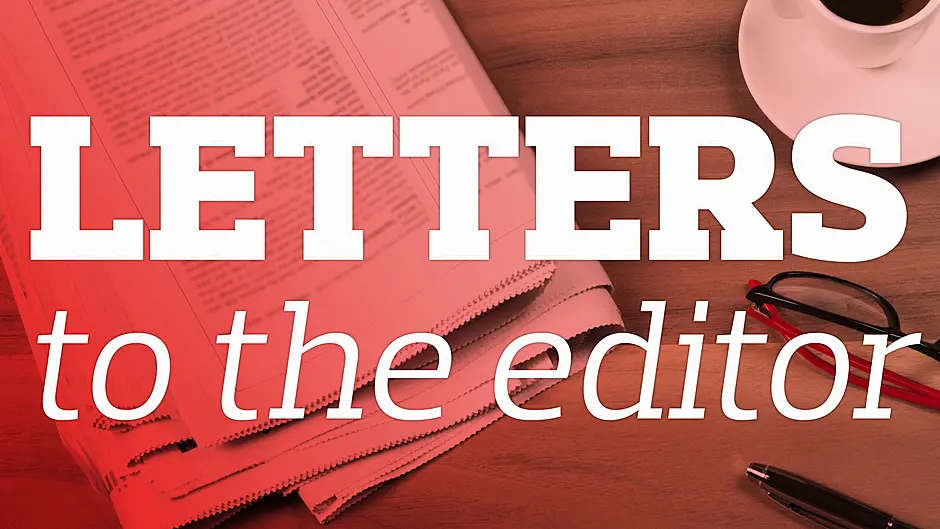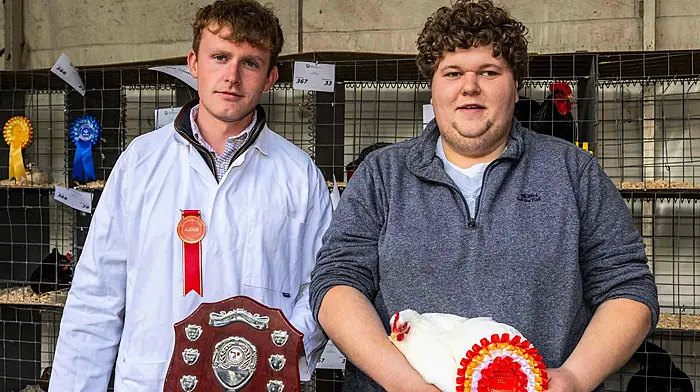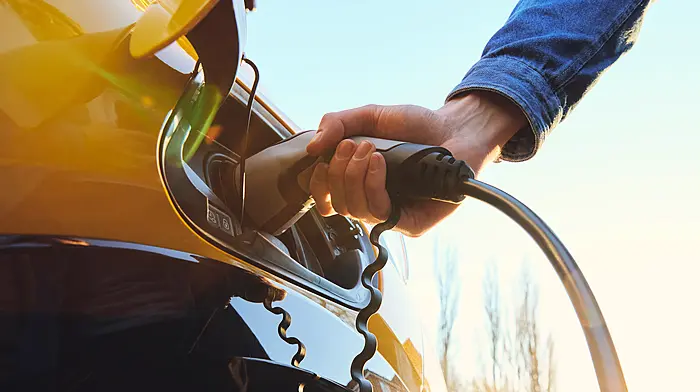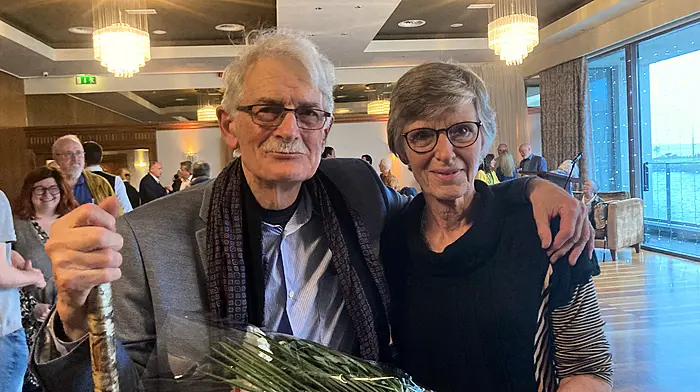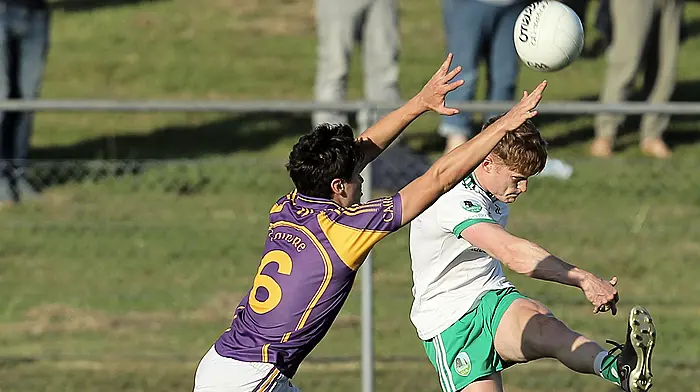EDITOR – At last the traffic problem in Innishannon is receiving publicity, as highlighted by the front page of your paper last week.
Plans for an Innishannon by-pass have been on the table for over 50 years.
The residents have long ago given up any expectation of this obvious solution occurring.
It is amazing that the road traffic authorities seem incapable of dealing with the speed problem in this village – and elsewhere in the country – in a simple and cost effective way.
When driving in France every village and hamlet has an efficient speed reduction system.
Usually there are at least two – one at each end of the village, with perhaps others where there is a zebra crossing.
Sometimes this is an elongated ‘sleeping policeman’ which works particularly well when there is a zebra crossing as there is a natural 20 metre or more distance between the ‘up’ and the ‘down’.
Otherwise the speed reduction is created by an ‘obstacle’ causing traffic to slow down.
The small village of Dunderrow has such a calming system which is self-evidently effective. This ‘obstruction’ does not need to be massive, as anything which causes at the driver to brake would achieve the objective.
I recommend that the authorities examine this method of controlling speed in a simple and cheap way. If traffic is forced to go slowly by reason of an obstacle, this removes wasteful Garda time spent catching and then fining otherwise law-abiding citizens.
Tim Barry,
Innishannon House,
Innishannon.
So this is our version of democracy?
EDITOR – Let me offer you a different perspective on Ukraine.
I worked with United Nations military peacekeeping operations (civilian) for more than 30 years in various operations throughout the world.
My work put me in contact with politicians and diplomats on a regular basis.
At staff/management meetings at UN HQ in New York, I regularly referred to some politicians and diplomats as believing the ‘system’ was there for their personal, financial, and occasionally sexual, benefit.
I was never challenged having made these statements.
I also believe, from attending meetings with certain politicians and diplomats, that some operate with a different set of moral and ethical standards.
I have sat with politicians and diplomats who have lied to each other – before adjourning for refreshments like they were best of friends.
Conflicts are generally created by politicians/diplomats.
If the conflict continues, then it is politicians/diplomats who decide fighting should commence. This, without reference to the people. The people are then sent to fight while politicians/diplomats continue to meet and engage in discussions – sharing refreshments etc.
Politicians/diplomats then reach some form of agreement – again without reference to the people, who have fought, suffered and some died. While politicians/diplomats live on comfortably.
Therefore politicians/diplomats are those who create conflicts and wars, and send people to fight and die. They may agree to cease fire, but all without reference to the people doing the dying and fighting in the interim. And we call this ‘democracy’!
Michael A Moriarty,
Rochestown.
Why we need to support our fishers
EDITOR – The government has forced a law through the Dáil that criminalises Irish fishermen according to TD Padraig Mac Lochlainn.
The legislation sets a threshold of conviction for Irish fishermen, and its second class citizenship for our fishermen, and needs to be scrapped forthwith.
This legislation follows the appalling treatment of Irish fishermen and fishing families throughout Ireland who have only 15% of their waters due to quotas and this needs to be addressed at EU level as a matter of urgency.
The fishing industry is one of biggest employers and tax payers in this country and fishers are not criminals.
Treating people who risk the dangers of the sea is unpatriotic by this government who bury their heads in the sand at every twist and turn.
Noel Harrington,
Kinsale.
Delighted with news about Dunboy plans
EDITOR – I was thrilled to see the news that the old Puxley Mansion is finally being developed into the ‘Dunboy Castle’ hotel.
My great grandfather came from that area and I have admired that building from a distance whenever we took a vacation ‘home’ to Cork.
I hope the rest of the world will soon have a chance to enjoy the majesty of the peninsula and the nearby town of Castletownbere.
We were thrilled when we saw the area getting a big audience during Donie O’Sullivan’s visit there for CNN recently.
We are really looking forward to staying in the wonderful location again, at some time in the near future and maybe even in the hotel itself.
Best of luck to all working on the project.
Marjorie Gambit O’Sullivan,
New Jersey,
USA.

